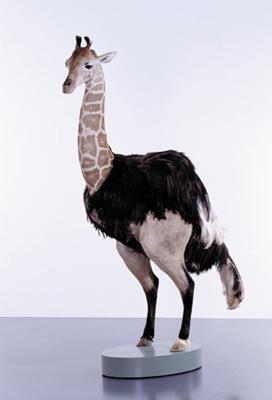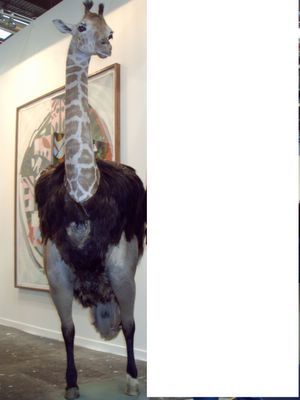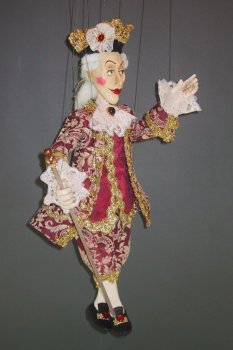
Damn!.. Not Praia Grande but Praia das Maças!

A writer whom I met a couple of times, and respect and love, wins a prize in a City I met several times, which I respect and love/hate. António Lobo Antunes gets the Jerusalem Prize and is right now at the place I used to go once a week for more than two years.
( Either to the City itself, to events in Yerushalem or meetings in Israeli official buildings, or to restaurants, on both sides, or to meet people from "the other side" in Al~Quds; or taking the Jerusalem ring roads on the way to Ramallah or Jericho, or Al~Khalil (Hebron).What comes to my mind, in quick succession, besides Jerusalem, is writers-doctors; Praia Grande/Praia das Maçãs and Céline
( Out of obvious politically correct reasons not too many writers acknowledge the importance of the supreme French writer of the XX century. I think I've heard that a very young Lobo Antunes and Céline exchanged letters, but it might be apocryphal).
António is a member of that distinguished line of great writers who happened to have either studied Medicine or studied and practiced Medicine. To mention only the more resounding names: Rabelais, Schiller, Ibsen, Chekhov, Bulgakov, Céline. It feels good when one sees gentle and honorable traditions maintained. Every generation or so, a Medical School delivers to humanity a future great writer. Medicine, smiling, is proud of it. Literature graciously acknowledges that gift.
Lobo Antunes is also a member of another very exclusive club. Six members only, with shared DNA. He and his brothers are in themselves a novel to be written someday, a Work in Progress. And the villa of their mother and father
(a dear Professor of mine I feel like saying a secular pray for) at Praia das Maçãs will undoubtedly feature on that novel. António was a tremendous seducer and although maybe not the most strikingly attractive of the older brothers he was, I am told from very reliable sources, the most successful with women. Is that important? Of course it is. Would Camões have written his sonnets if he was not the engaged swashbuckling lover of almond-eyed court ladies? But, hélas!, Praia das Maças is not Praia Grande. Even if both beaches are very close to each other and even if the L-A family, during Summer holidays, now dives at Praia Grande rather than Maçãs, it will be the "Beach of Apples" which will have attained Glory, through Antonio Lobo Antunes.









